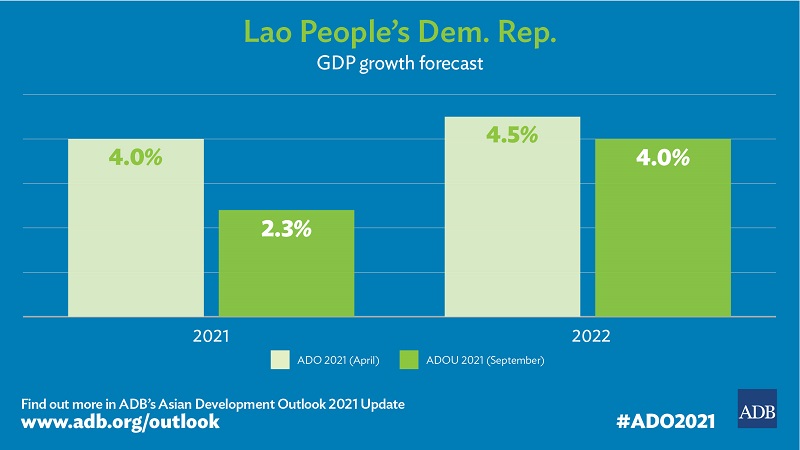Anchorage Fin Whale Recovery Delayed: Soft Mudflats And Rising Temperatures

Table of Contents
The Impact of Softening Mudflats on Fin Whale Feeding Grounds
The mudflats surrounding Anchorage serve as vital feeding grounds for fin whales, providing a rich habitat teeming with amphipods, krill, and other essential prey. However, changes in sediment consistency are significantly impacting the fin whale prey availability and foraging success. The softening mudflats are altering the Anchorage fin whale habitat in several detrimental ways:
- Reduced foraging efficiency: The unstable mud makes it difficult for fin whales to effectively sift through the sediment to locate their prey. This results in less food intake, leading to malnutrition and reduced energy reserves.
- Increased energy expenditure: Navigating the soft mud requires significantly more energy, further stressing already vulnerable whales. This added exertion detracts from energy that could be used for reproduction or migration.
- Entanglement risk: Fin whales risk becoming entangled in the soft mud, leading to injury, exhaustion, and potentially, death. Such incidents can severely impact individual whale survival and overall population health.
- Long-term consequences: The cumulative effects of these challenges pose a severe threat to the long-term health and reproductive success of the Anchorage fin whale population. Studies have shown a correlation between prey scarcity and reduced calf survival rates in similar whale populations. This points to a critical need for mudflat ecosystem restoration.
Rising Temperatures and their Effects on Fin Whale Physiology and Behavior
The rising water temperatures in the Anchorage area are another significant factor hindering Anchorage fin whale recovery. These temperature increases have far-reaching consequences for fin whale physiology and behavior:
- Thermal stress: Fin whales, like other marine mammals, are highly sensitive to temperature fluctuations. Rising water temperatures can cause significant thermal stress, impacting their metabolic rates and overall health.
- Disrupted breeding cycles: Changes in water temperature can disrupt crucial biological processes, including breeding cycles and migration patterns. This can lead to reduced reproductive success and population decline.
- Increased disease susceptibility: Warmer waters can create favorable conditions for the proliferation of diseases and parasites, making fin whales more susceptible to illness.
- Altered prey distribution: Rising temperatures also affect the distribution and abundance of fin whale prey. As preferred food sources move to different areas, fin whales face greater challenges finding adequate sustenance. Research on the effects of climate change impact on marine ecosystems strongly suggests a link between warming waters and prey scarcity for several marine mammal species. Understanding the relationship between water temperature Anchorage and fin whale health is crucial.
The Interplay of Mudflats and Temperature Changes
The challenges posed by softening mudflats and rising temperatures are not independent; they interact synergistically to further hinder Anchorage fin whale recovery. The combined impact is far greater than the sum of individual effects:
- Increased vulnerability: Weakened by both poor feeding conditions and thermal stress, fin whales become more vulnerable to predation, entanglement in fishing gear, and other human-related threats.
- Compounding conservation challenges: These interconnected issues create complex challenges for conservation efforts, demanding holistic and integrated management strategies.
- Need for integrated management: Addressing these issues requires a multi-faceted approach that considers both the physical changes to the habitat and the physiological impacts on the whales themselves. Effective Anchorage ecosystem health management must address both factors simultaneously to mitigate the cumulative impact on the fin whale population.
Conservation Efforts and Future Research
Several organizations are actively involved in fin whale conservation efforts near Anchorage. These include [insert names of relevant organizations and links]. Ongoing research projects focus on:
- Fin whale feeding patterns and habitat use: Researchers are studying the whales' foraging behaviors and habitat preferences to better understand the impact of mudflat changes and rising temperatures.
- Potential solutions: Strategies being explored include habitat restoration projects aimed at improving mudflat stability, climate change mitigation efforts, and sustainable fisheries management practices to reduce entanglement risks.
The road to successful Anchorage fin whale recovery is long and challenging, but not insurmountable. By combining robust scientific research with effective conservation strategies, we can work towards a future where these magnificent creatures thrive in the waters of Anchorage.
Conclusion
The combined effects of softening mudflats and rising temperatures pose significant threats to Anchorage fin whale recovery. These challenges impact fin whale feeding, physiology, and overall population health. Continued research into these complex interactions is crucial, as is the implementation of comprehensive conservation strategies that address both issues simultaneously. We must act now to protect these vulnerable animals. Learn more about Anchorage fin whale conservation initiatives and explore ways to support Anchorage fin whale recovery by visiting [link to relevant organizations or resources]. Your actions can make a difference in ensuring a healthy future for the Anchorage fin whale population.

Featured Posts
-
 Chinas Canola Trade Diversification Strategies Following Canada Rift
May 09, 2025
Chinas Canola Trade Diversification Strategies Following Canada Rift
May 09, 2025 -
 Pam Bondi Announces Record Breaking Fentanyl Seizure
May 09, 2025
Pam Bondi Announces Record Breaking Fentanyl Seizure
May 09, 2025 -
 Indonesias Foreign Exchange Reserves Plunge Rupiah Weakness Takes Toll
May 09, 2025
Indonesias Foreign Exchange Reserves Plunge Rupiah Weakness Takes Toll
May 09, 2025 -
 Bitcoin Conference Seoul 2025 A Global Gathering
May 09, 2025
Bitcoin Conference Seoul 2025 A Global Gathering
May 09, 2025 -
 Analyzing Doohans Path Jolyon Palmers Post Colapinto Appointment Assessment
May 09, 2025
Analyzing Doohans Path Jolyon Palmers Post Colapinto Appointment Assessment
May 09, 2025
Latest Posts
-
 Pam Bondis Planned Release Of Documents Related To Epstein Diddy Jfk And Mlk
May 09, 2025
Pam Bondis Planned Release Of Documents Related To Epstein Diddy Jfk And Mlk
May 09, 2025 -
 Pam Bondi Epstein Diddy Jfk Mlk Documents Imminent Release
May 09, 2025
Pam Bondi Epstein Diddy Jfk Mlk Documents Imminent Release
May 09, 2025 -
 Examining The Epstein Case Ag Pam Bondis Decision And Transparency
May 09, 2025
Examining The Epstein Case Ag Pam Bondis Decision And Transparency
May 09, 2025 -
 Assessing Ag Pam Bondis Decision The Publics Right To Know Regarding The Epstein Files
May 09, 2025
Assessing Ag Pam Bondis Decision The Publics Right To Know Regarding The Epstein Files
May 09, 2025 -
 Public Access To Jeffrey Epstein Files Evaluating Ag Pam Bondis Choice
May 09, 2025
Public Access To Jeffrey Epstein Files Evaluating Ag Pam Bondis Choice
May 09, 2025
